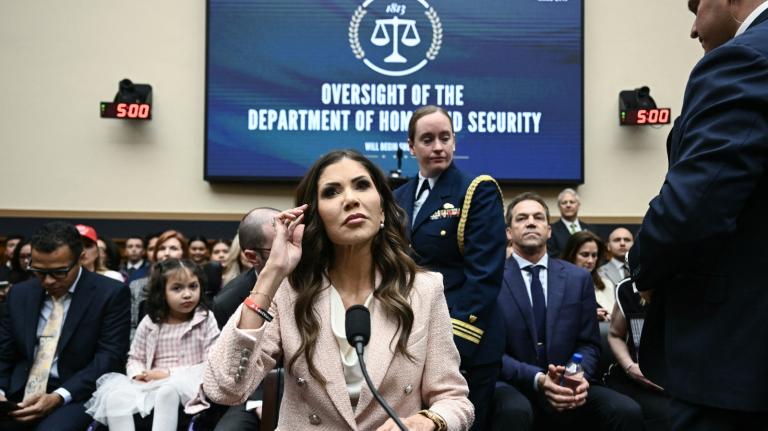
President-elect Barack Obama this morning officially unveiled his national security team, and in his remarks cited the need for policy that addresses climate and energy concerns as coupled with national security.
“The national security challenges we face are just as grave — and just as urgent — as our economic crisis,” said Obama. “We are fighting two wars. Old conflicts remain unresolved, and newly assertive powers have put strains on the international system. The spread of nuclear weapons raises the peril that the world’s deadliest technology could fall into dangerous hands. Our dependence on foreign oil empowers authoritarian governments and endangers our planet.”
“The common thread linking these challenges is the fundamental reality that in the 21st century, our destiny is shared with the world’s,” he continued. “From our markets to our security, from our public health to our climate, we must act with the understanding that, now more than ever, we have a stake in what happens across the globe.”
The announcement today included his selection for Secretary of State, Hillary Clinton. He also announced that Susan Rice will serve as ambassador to the United Nations, Gen. James L. Jones will be national security adviser, and Robert M. Gates, the current defense secretary, will maintain his post.
From her post as Secretary of State, Clinton will lead U.S. diplomatic relations, including the coming negotiations on a successor to the Kyoto Protocol. This is especially relevant this week, as world leaders gather in Poznan, Poland, to continue laying the groundwork for that treaty.
She talked to Grist last year, when she was vying for the Democratic nomination, about international negotiations and the need to bring along developing economics like India and China. “Global warming is a global problem that’s going to require a global solution,” she said. “As president, I will work to involve both China and India. But I think it’s important for the U.S. to provide leadership by taking aggressive steps to reduce our contribution to global-warming pollution.”
See our more in-depth fact-sheet on Clinton’s environmental record, or read the full interview.
Jones, was the NATO Supreme Allied Commander from 2003 to 2006, and was floated as a possible VP pick for Obama this summer. Since then he’s headed the Institute for 21st Century Energy, a branch of the U.S. Chamber of Commerce dedicated to “educating the public” about energy. He’s also on the board of Chevron.


